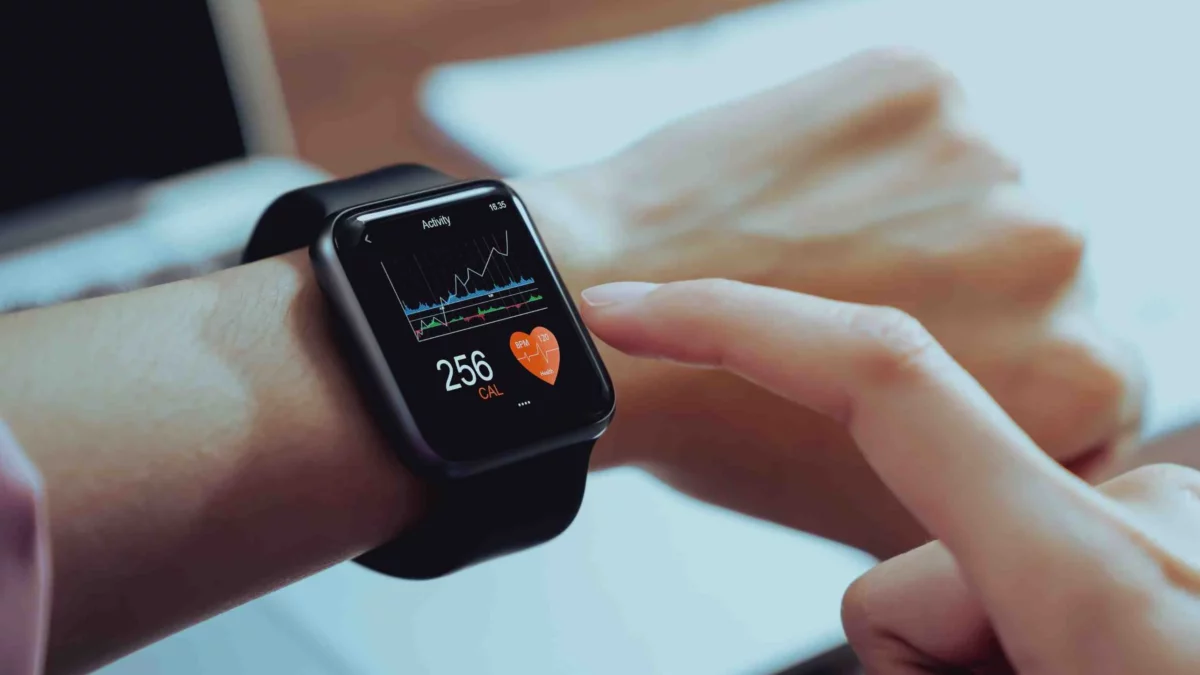In the realm of personal health and wellness, technology has become a game-changer. Among the most impactful innovations in this space are wearable health technologies. From fitness trackers to smartwatches and beyond, these devices are not just about counting steps or tracking physical activity—they offer comprehensive health monitoring tools that are revolutionizing the way we understand and manage our health. Here’s how wearable health tech is transforming personal wellness and what it means for you.
The Rise of Wearable Health Technology
Over the last decade, wearable health technologies have evolved from simple pedometers to sophisticated gadgets capable of monitoring a wide array of physiological data. Today, these devices can track heart rate, sleep patterns, blood pressure, blood oxygen levels, and even stress levels. They’re also becoming increasingly important in managing chronic conditions, such as diabetes, by monitoring glucose levels continuously.
Key Features of Modern Wearable Health Devices
1. Advanced Biometric Tracking
Modern wearables use sensors to gather data on various body metrics continuously. For example, optical sensors on a smartwatch can measure your heart rate by detecting changes in blood volume under the skin, while accelerometers track physical activity and sleep patterns by sensing body movements.
2. Health Insights and Analytics
Beyond data collection, wearables are equipped with software that analyzes this information to provide actionable insights. Many devices offer personalized feedback based on your activity levels, sleep quality, and heart rate patterns, suggesting when to exercise more, sleep better, or even take a rest day.
3. Integration with Medical Records
Some advanced wearables can sync data directly with electronic medical records, allowing healthcare providers to monitor their patients’ health remotely. This is particularly valuable for patients with chronic illnesses, as it enables doctors to make informed decisions without needing an office visit.
4. Lifestyle and Wellness Applications
Many devices also include features aimed at improving general wellness, such as reminders to move if you’ve been inactive for too long, hydration alerts, and guided breathing exercises for stress management.
5. Emergency Features
Increasingly, wearables are incorporating safety features, such as fall detection and SOS alerts that notify emergency contacts if the wearer falls or if abnormal health readings are detected.
Benefits of Wearable Health Technology
1. Empowering Personal Health Management
Wearables provide individuals with detailed knowledge about their own health metrics, empowering them to make informed decisions about their lifestyle. Access to this data can motivate a more proactive approach to health and wellness.
2. Early Detection of Potential Health Issues
Continuous monitoring can help detect health issues before they become serious. For example, irregular heart rate alerts can prompt users to seek medical advice, potentially catching conditions like atrial fibrillation early.
3. Enhancing Fitness and Weight Loss Efforts
For those looking to improve physical fitness or lose weight, wearables can be incredibly effective. They provide detailed reports on workout effectiveness and calorie burn, and many offer personalized coaching based on your progress.
4. Improving Sleep Quality
Sleep trackers can analyze sleep patterns and provide insights into how to improve sleep quality. Understanding your sleep stages and getting tailored advice on sleep hygiene can lead to better overall health.
5. Stress Management
With features designed to monitor stress and provide exercises to manage it, such as guided meditations and breathing exercises, wearables can play a crucial role in managing daily stress levels.
Challenges and Considerations
While wearable health tech offers numerous benefits, there are also challenges and considerations to keep in mind:
- Privacy and Security: As with any device that collects personal data, there is a risk of data breaches. It’s important to understand how your data is being used and protected.
- Accuracy and Reliability: Not all devices offer the same level of accuracy. Users should look for devices that have been validated against clinical standards, especially for critical measurements like blood pressure or glucose monitoring.
- Dependence on Technology: There’s a risk of becoming overly reliant on technology for health management. It’s important to use wearables as tools to complement, not replace, traditional healthcare.
Wearable health technology is transforming the way we approach personal wellness. By providing detailed insights into our daily health and encouraging proactive health management, these devices have the potential to significantly improve our quality of life. As the technology continues to evolve, we can expect even more innovative features that will further integrate health management into our daily lives. Whether you’re a fitness enthusiast, someone managing a chronic condition, or just someone interested in maintaining their health, wearable technology offers valuable tools to help you achieve your wellness goals.
Unlock Full Article
Watch a quick video to get instant access.


Social Media